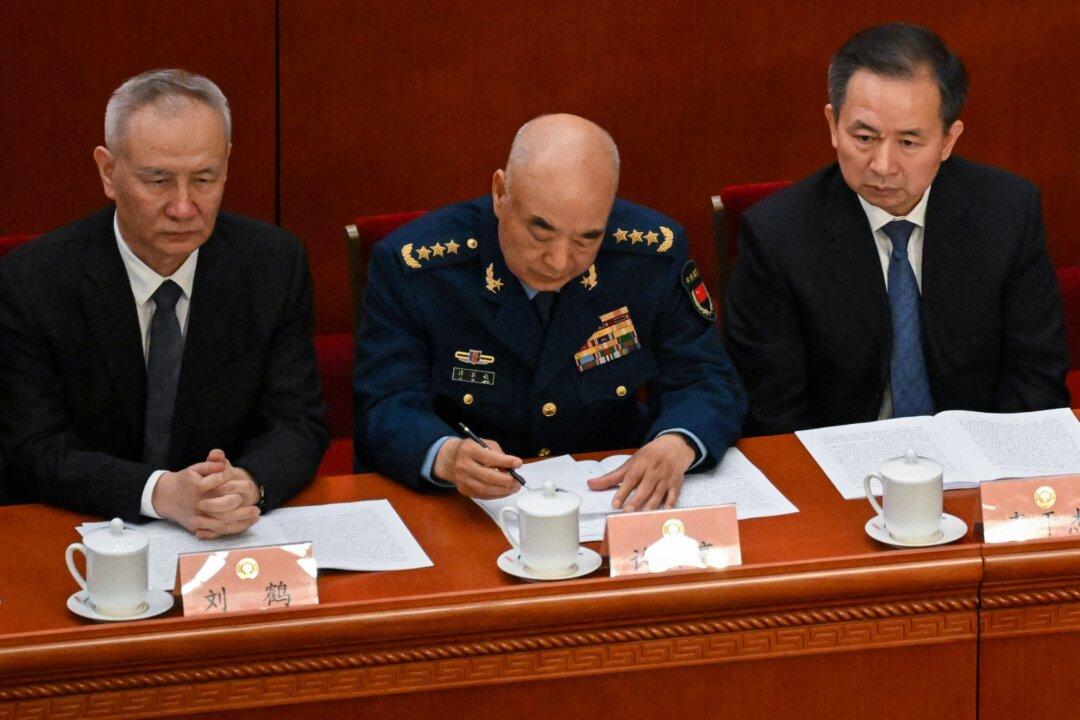Commentary
In a surprising move that shocked China’s political elite, two high-ranking communist officials have swapped roles midway through their five-year terms—an unprecedented move in the history of the Chinese regime.

In a surprising move that shocked China’s political elite, two high-ranking communist officials have swapped roles midway through their five-year terms—an unprecedented move in the history of the Chinese regime.